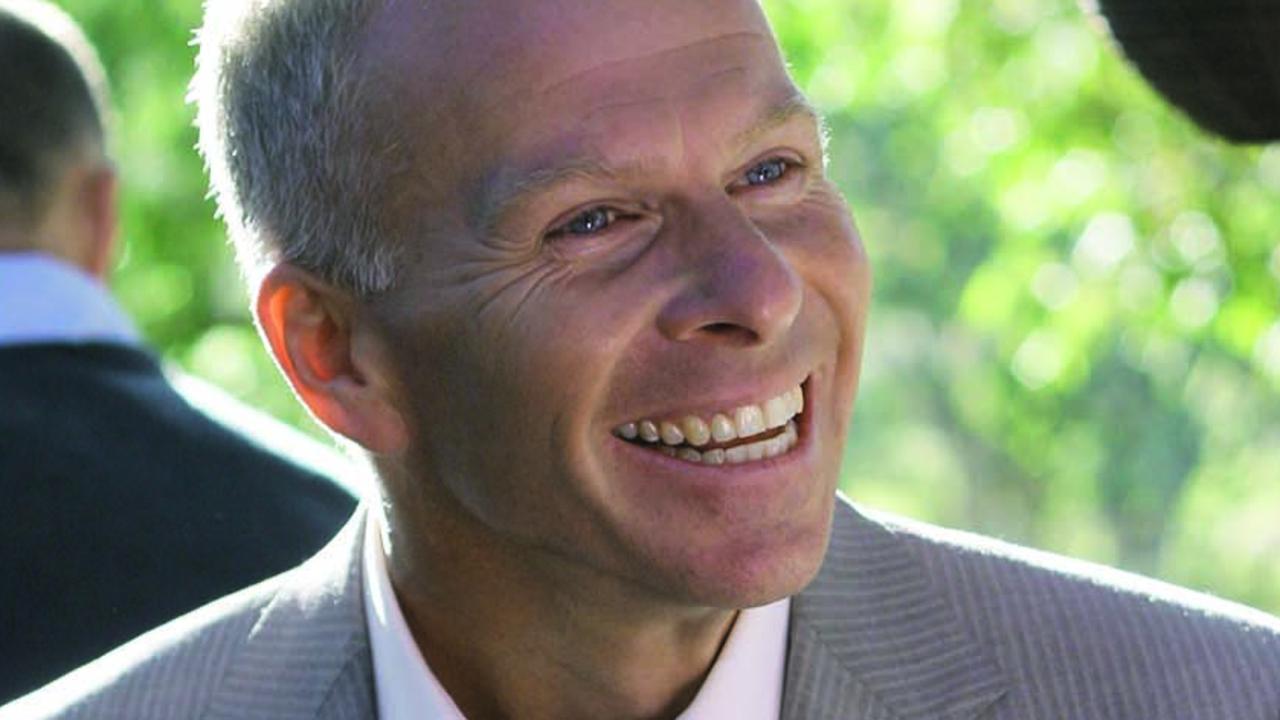Captain Dragan Vasiljkovic 'committed torture and rape'
THE NSW Supreme Court said former paramilitary commander Dragan Vasiljkovic committed the war crimes of torture and rape.
THE Rudd government has been urged to prosecute Dragan Vasiljkovic - the notorious "Captain Dragan" - on Australian soil if he cannot be extradited to Croatia after the NSW Supreme Court yesterday found the former Serbian paramilitary commander had committed the war crimes of torture and rape, and had admitted to a massacre.
In a landmark civil judgment, The Australian has successfully defended a defamation action brought by Mr Vasiljkovic - under the name Daniel Snedden - after the publication of an article in 2005 that detailed the horrors he committed in the former Yugoslavia during the Balkans conflict.
In doing so, Nationwide News, publisher of this newspaper, ran a de facto war crimes hearing in which it proved, on the balance of probabilities, the substantive truth of that article.
Former war crimes prosecutors yesterday welcomed the verdict and demanded the Australian government find a way to prosecute Mr Vasiljkovic should his extradition not proceed.
The High Court is set to consider whether it will hear an appeal against an earlier decision by the full Federal Court that prevented his extradition to Croatia on the grounds he would not receive a fair trial. Graeme Blewitt, the former deputy chief prosecutor of the International Criminal Tribunal for the Former Yugoslavia, said yesterday he was confident a fair trial could be conducted in Croatia given the number of similar cases heard in recent years.
If the High Court disagrees, Mr Blewitt said, Australia was still bound under international law to seek to try him in an Australian court.
Mr Vasiljkovic has announced his intention to appeal against yesterday's finding.
Mr Vasiljkovic, who emigrated to Australia as a 14-year-old and served in the Australian army reserves, had returned to the former Yugoslavia in the early 1990s to take control of a Serbian paramilitary unit during the Balkans ethnic conflict.
Judge Megan Latham yesterday found Nationwide News had proven a raft of allegations made against him, including that he repeatedly raped a woman in Zvornik in 1992; that he had admitted committing a massacre in July 1991 to a journalist from London's The Times; and that he had personally committed the war crime of torture as well as condoning such crimes by troops under his command.
"The systematic abuse, humiliation and deprivation visited upon those whom the plaintiff sought to punish and subdue at the Knin fortress, the old hospital prison and the Sremska Mitrovica prison, was consistent with (his) stated aim to drive out non-Serbs from the Krajina," Justice Latham found.
The judge found Mr Vasiljkovic must be held accountable for the assaults perpetrated by his men as he was a "heroic figure" who exercised "absolute authority" and enjoyed "legendary status" at his Knin fortress. However, she was stinging in her condemnation of Mr Vasiljkovic's testimony, which she said was "replete with contradictions".
After the judgment was handed down, Mr Vasiljkovic maintained he had not committed any of the alleged offences. He said the trial had been a "sham" and likened it to a "David and Goliath" contest, given the resources of Nationwide News as part of the News Corporation group, as well as the involvement of the Croatian government.
"It was David and Goliath, only David was handcuffed too," he said. "How could I get a fair trial with all these forces working against me?"
He maintained he would never be extradited to Croatia and it had been in "the interests of the witnesses" to testify against him.
"They could not even get the colour of my hair right. One (witness) said I had dark hair. Well, you look."
His barrister, Clive Evatt, rejected claims the unsuccessful defamation case had damaged the interests of his client as he seeks to avoid criminal and war crime prosecutions. "I thought we put forward a good case on behalf of the plaintiff but the judge rejected it," Mr Evatt said.
He noted the defamation action, as a civil case, involved a lower standard of proof than that required in a criminal trial. "It was a lower bar for the defendant to jump over, nothing like the criminal onus," he said. "In any future criminal prosecution, the judgment of her honour couldn't be used or relied on."
A spokesman for Justice Minister Brendan O'Connor confirmed an appeal had been lodged with the High Court.
Additional reporting: Michael Pelly



